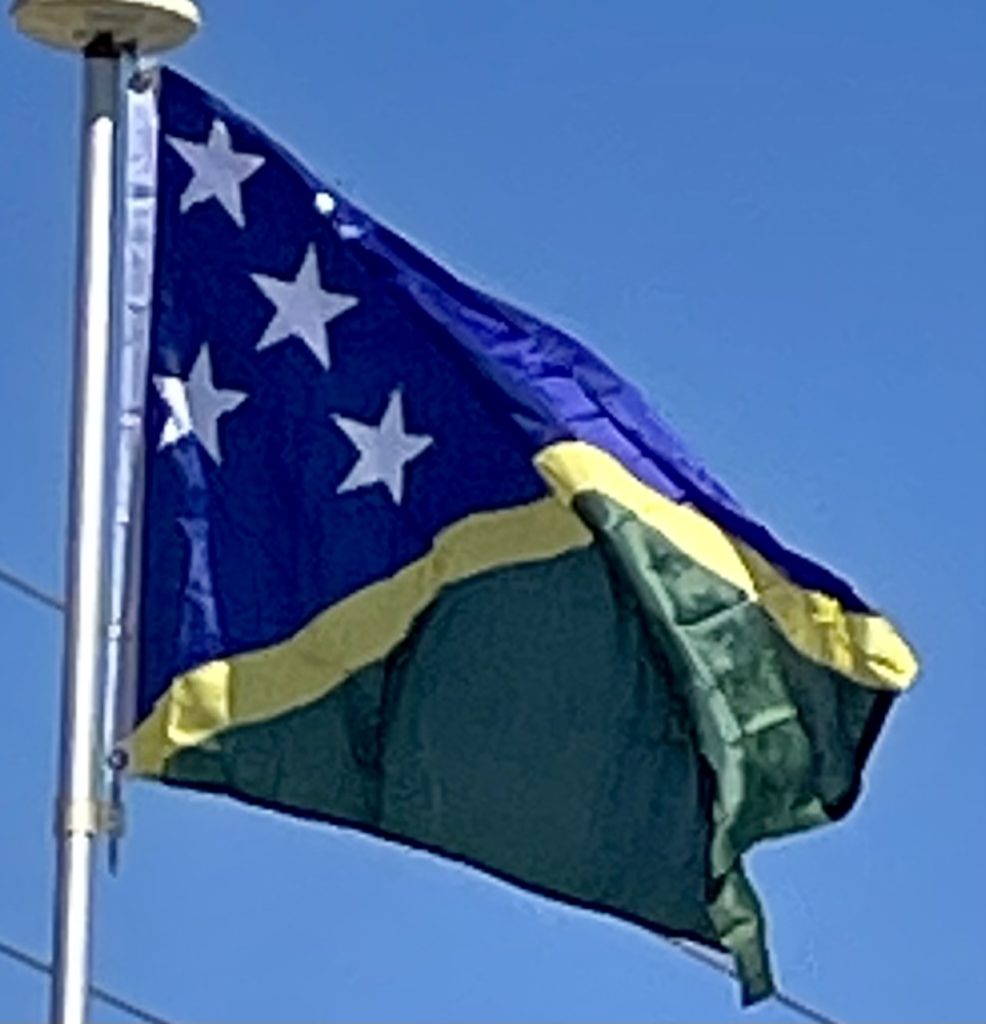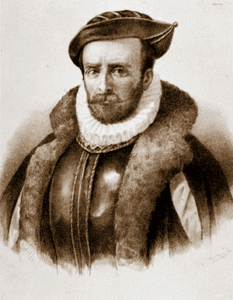
Save for Abel Tasman’s sighting of the remote Ontong Java Atoll in 1648, no European sailed to the Solomons again until 1767, when the British explorer Philip Carteret sailed by the Santa Cruz Islands, Malaita and, continuing further north, Bougainville and the Bismarck Islands. French explorers also reached the Solomons, with Louis Antoine de Bougainville naming Choiseul in 1768 and Jean-François-Marie de Surville exploring the islands in 1769.
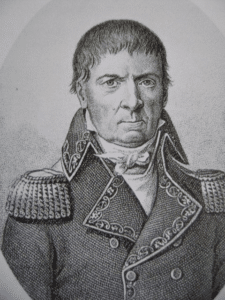
Some of the earliest regular foreign visitors to the islands were whaling vessels from Britain, the United States and Australia. They came for food, wood and water from late in the 18th century, establishing a trading relationship with the Solomon Islanders and later taking aboard islanders to serve as crewmen on their ships. Initial attempts at more long-term settlement, such as Benjamin Boyd’s colony on Guadalcanal in 1851, were unsuccessful.
Colonial Period (1886–1978):
In 1884 Germany annexed north-east New Guinea and the Bismarck Archipelago, and in 1886 they extended their rule over the North Solomon Islands, covering Bougainville, Buka, Choiseul, Santa Isabel, the Shortlands and Ontong Java atoll. In 1886 Germany and Britain confirmed this arrangement, with Britain gaining a “sphere of influence” over the southern Solomons. Germany paid little attention to the islands, with German authorities based in New Guinea not even visiting the area until 1888. The German presence, along with pressure from the missionaries to rein in the excesses of the blackbirding system, prompted the British to declare a protectorate over the southern Solomons in March 1893, initially encompassing New Georgia, Malaita, Guadalcanal, Makira, Mono Island and the central Nggela Islands.
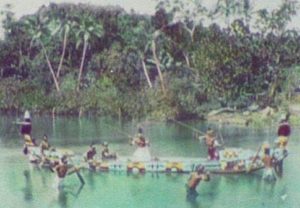
In April 1896 Charles Morris Woodford was appointed as the British Acting Deputy Commissioner and confirmed in post the following year. Woodford set up an administrative headquarters on the small island of Tulagi, and in 1898 and 1899 the Rennell and Bellona Islands, Sikaiana, the Santa Cruz Islands and outlying islands such as Anuta, Fataka, Temotu and Tikopia were added to the protectorate. In 1900, under the terms of the Tripartite Convention of 1899, Germany ceded the Northern Solomon to Britain, minus Buka and Bougainville, the latter becoming part of German New Guinea despite geographically belonging to the Solomons archipelago.
World War II:
From 1942 until the end of 1943, the Solomon Islands were the scene of several major land, sea and air battles between the Allies and the Japanese Empire’s armed forces. In May 1942 the Japanese launched Operation Mo, occupying Tulagi and most of the western Solomon Islands, including Guadalcanal where they began work on an airstrip. The Allies counter-invaded Guadalcanal in August 1942, followed by the New Georgia campaign in 1943, both of which were turning points in the Pacific War, stopping and then countering the Japanese advance.
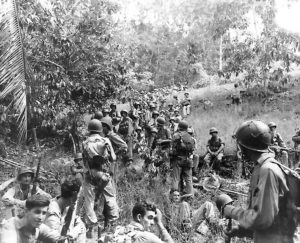
The conflict resulted in thousands of Allied, Japanese and civilian deaths, as well an immense destruction across the islands.
Post-War Period:
In 1943-4 the Malaita-based chief Aliki Nono’ohimae had founded the Maasina Rule movement (aka the Native Council Movement, literally ‘Brotherhood Rule’), and was later joined by another chief, Hoasihau. Their aims were to improve the economic well-being of native Solomon Islanders, gain greater autonomy and to act as a liaison between Islanders and the colonial administration. Alarmed at the growth of the movement, the British launched “Operation De-Louse” in 1947-8 and arrested most of the Maasina leaders. Malaitans then organized a campaign of civil disobedience, prompting mass arrests. In the early 1950s the possibility of transferring sovereignty of the islands to Australia was discussed by the British and Australian governments, however the Australians were reluctant to accept the financial burden of administering the territory and the idea was shelved.
